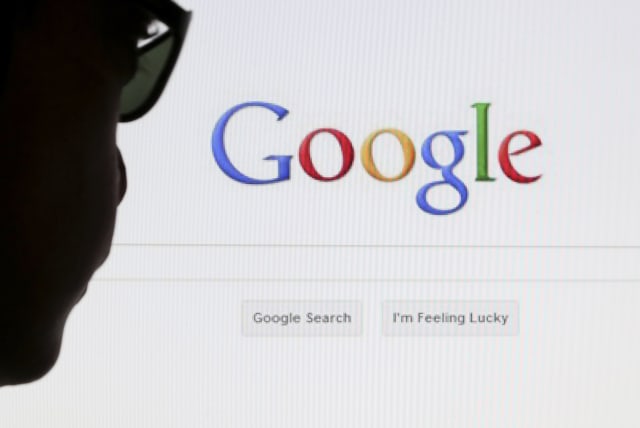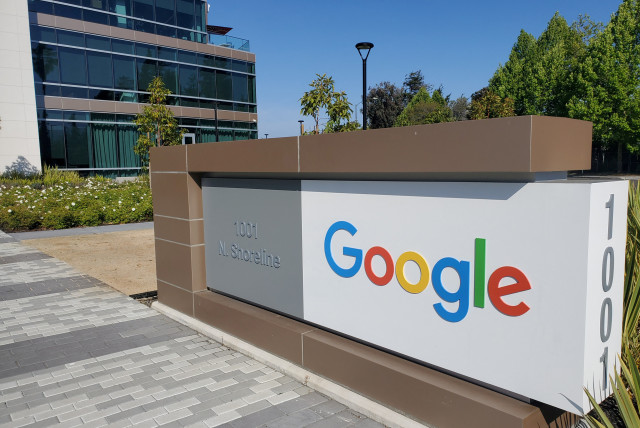Israeli medical journal warns: Google is not a reliable source of medical advice - study

Medical staff are concerned that Internet sources of medical information are unreliable and could lead to erroneous decisions by patients.
Growing numbers of people all over the world, including Israel, consult with “Dr. Google” when they have a medical problem instead of going to their own personal physician – or at least before they make an appointment for a consultation. Many patients meet their doctor only after they do research on the Internet.
But are these websites objective and reliable, or are they commercial or placed online by people with no medical credentials?
IMAJ (The Israel Medical Association Journal) has published in its latest (October) issue an original article entitled “Should I ask Dr. Google? Reliability of Israeli Web-based Information Regarding General Orthopedic Injuries and Symptoms.”
Orthopedists Drs. Yaniv Steinfeld, Omri Besor, Yaniv Yonai, Yaron Berkovich, Elad Apt and Nadav Rinott from hospitals in Hadera, Haifa and Ramat Gan the Israel Defense Forces’ Surgeon-General’s Office wrote that medical staff are concerned that Internet sources of medical information are unreliable and could lead to erroneous decisions by patients. About a decade ago, three-quarters of the population used Google and other search engines to get medical information, they wrote.
The team performed a search of five common orthopedic complaints and injuries using Google on 47 websites. The medical terms they searched included hip-degenerative arthritis, herniated lumbar disc, Achilles’ tendon rupture, meniscus tears, and recurrent ankle sprains.
Highest ranking results aren't always the most reliable
They said that the 10 sites that appear on the first page of the search get about 88% of the hits in a search for a specific result because they are read by the most people – but that this doesn’t mean they are reliable.
They added that such search results often directed users to websites that lacked transparency and verifiable information. “Our results showed that the accessible information is inaccurate and even [only] partially correct.” The average score they gave was only 2.8 out of five – “an unsatisfactory score.” Commercial sites that appeared mainly as personal pages of surgeons and of companies that sell a certain product were less reliable than those of non-commercial sites.
The authors concluded that while Dr. Google served as a very broad source of information, for those who lack scientific education and training, “it isn’t easy to distinguish between reliable and unreliable or biased sources… We must strengthen the network with reliable sources by creating official scientific position papers by medical teams and promoting them online.”
Jerusalem Post Store
`; document.getElementById("linkPremium").innerHTML = cont; var divWithLink = document.getElementById("premium-link"); if (divWithLink !== null && divWithLink !== 'undefined') { divWithLink.style.border = "solid 1px #cb0f3e"; divWithLink.style.textAlign = "center"; divWithLink.style.marginBottom = "15px"; divWithLink.style.marginTop = "15px"; divWithLink.style.width = "100%"; divWithLink.style.backgroundColor = "#122952"; divWithLink.style.color = "#ffffff"; divWithLink.style.lineHeight = "1.5"; } } (function (v, i) { });

